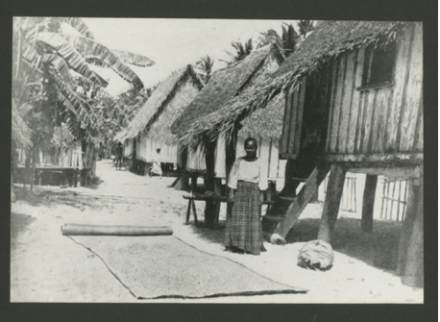Gender and Material Culture in Early Modern Colonial Globalization

This seminar will address the intimate connection between material culture and gender in the making of (very) early modern colonial globalization. The 16th and 17th centuries witnessed the rise of historical processes vital in moulding the world to its present shape. While scholars have extensively studied the worldwide translocations of people, goods and ideas, the fact that this globalization also took shape through the cross-continental circulation of gender ideology, gender policies, and engendered knowledge, technologies and skills has not been sufficiently explored. Neither has the active role of material culture in these processes been sufficiently scrutinized, despite its potential to reveal otherwise unnoticed cultural features. Through an archaeological project currently being developed in Guam (Mariana Islands), focus will be placed at the crossroads of Modern Colonialism, Gender Systems and Maintenance Activities, a concept born in archaeology to highlight the prominent nature of a set of routine daily practices that are essential to social continuity.
Sandra Monton-Subias is a Professor in archaeology with a broad interests in social and theoretical archaeology. Her current fields of research are the Archaeology of Modern Iberian Colonialism and Gender Archaeology. Most specifically, she is interested in analysing the consequences that Spanish colonialism and Jesuit missionization had on the native Chamorro populations of Guam and the Mariana Islands (western Pacific), with a specific focus on the effects that such domination had on power relationships, gender systems and maintenance activities.
This event is a joint Pacific Institute / CAR / Pacific and Asian History Seminar






